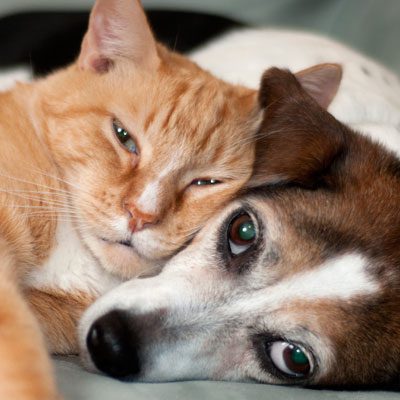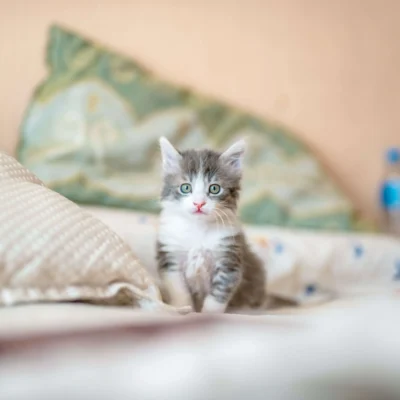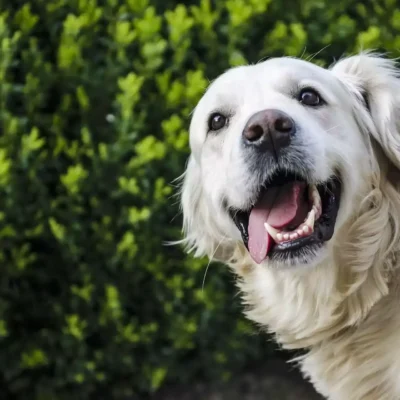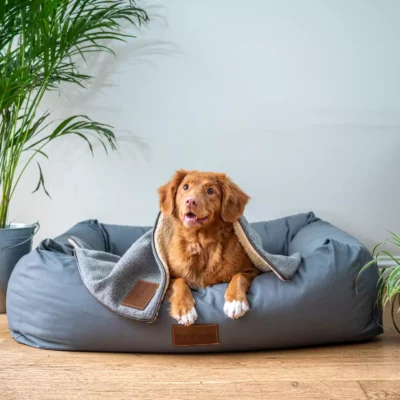Have you ever considered what might be in your home that could prove harmful to your pet? Believe it or not, almost every typical household contains a few dangerous pet toxins! Learn more below from a vet in North Suffolk, VA.
Human Foods
Human foods are some of the most common causes of poisoning amongst our animal companions. Onions, garlic, scallions, shallots, chives, leeks, grapes and raisins, chocolate, candy, chewing gum, fatty foods, salty items like chips and pretzels… the list goes on and on! Don’t leave harmful foods out on countertops or tables where pets can gain access; instead, store them in containers, cabinets, or the refrigerator where they belong.
Cleaning Products
Cleaning products are a particular hazards this time of year, when many of us are preparing for spring cleaning. Various products—household disinfectants, carpet cleaner, bleach-based products like toilet-bowl cleaners, even air fresheners—can cause harm to a pet who manages to ingest them. Keep pets elsewhere if you’re using cleaning chemicals, and store products properly in a closed and locked supply closet.
Medications
Over-the-counter drugs, prescription pills, antidepressants, even cough syrup and aspirin—plenty of medications meant for humans aren’t safe for pets! Always keep your medicine cabinet shut and locked; a child-proof plastic cap may be no match for a pet’s strong jaws. It’s also a good idea to store your pet’s own medications in a separate area so that pet and human medicine doesn’t get mixed up.
Pesticide Products
Do you set up pesticides or rodenticides in your home to get rid of insect or rodent intruders? Remember that these products are, in fact, poisonous—they can harm your animal companion as easily as the pests they’re supposed to kill! Place pesticides in your home with caution, and consider adopting non-toxic alternative options for pest control.
Poisonous Plant Life
There are many plants and flowers—indoor and outdoor—that can poison a pet. The list includes dieffenbachia, lilies, elephant ear, tulips, ivy, oleander, certain aloe plants, rhododendron (also known as azalea), and many more. Check the ASPCA’s website for a full list of toxic plants and flowers, and ask your vet what types of harmful varieties grow most commonly in your area.
Do you have further questions about toxic items for pets? Does your companion need an appointment? We’re here to help! Call your North Suffolk, VA veterinary clinic today to schedule a visit.









